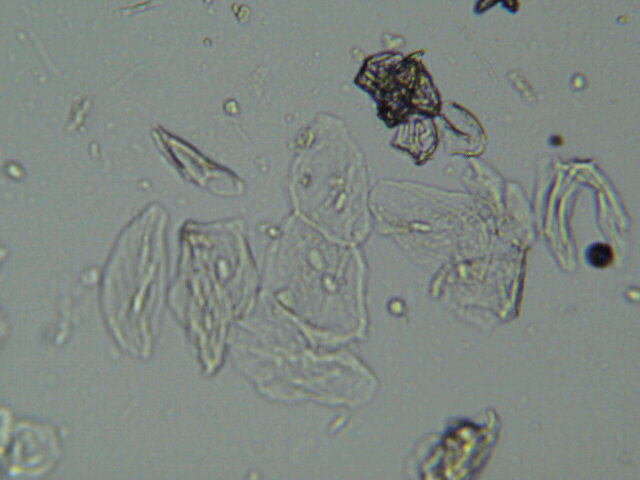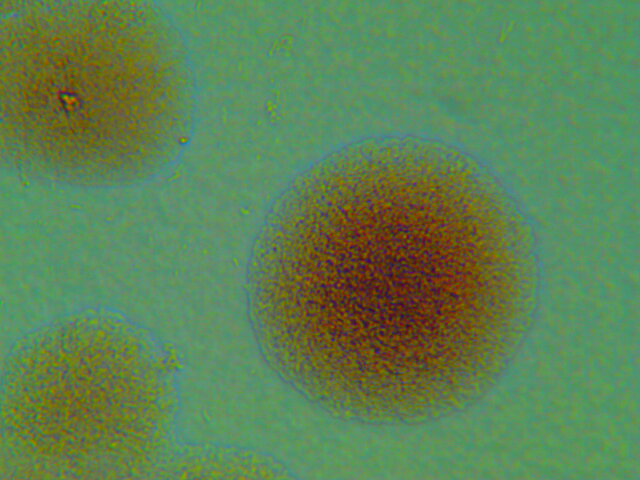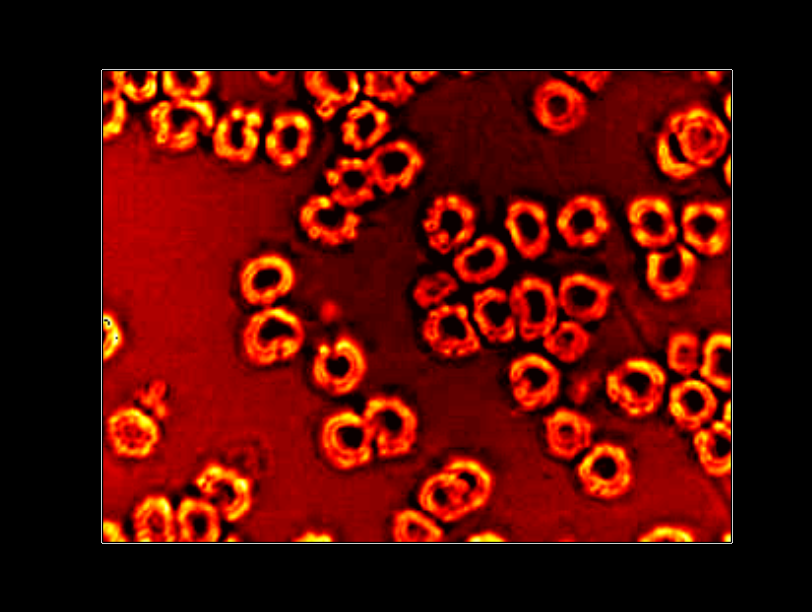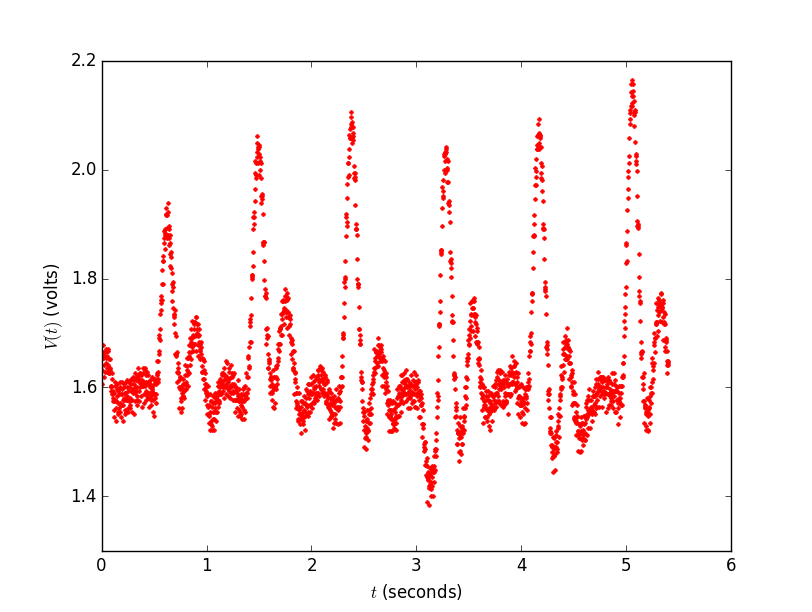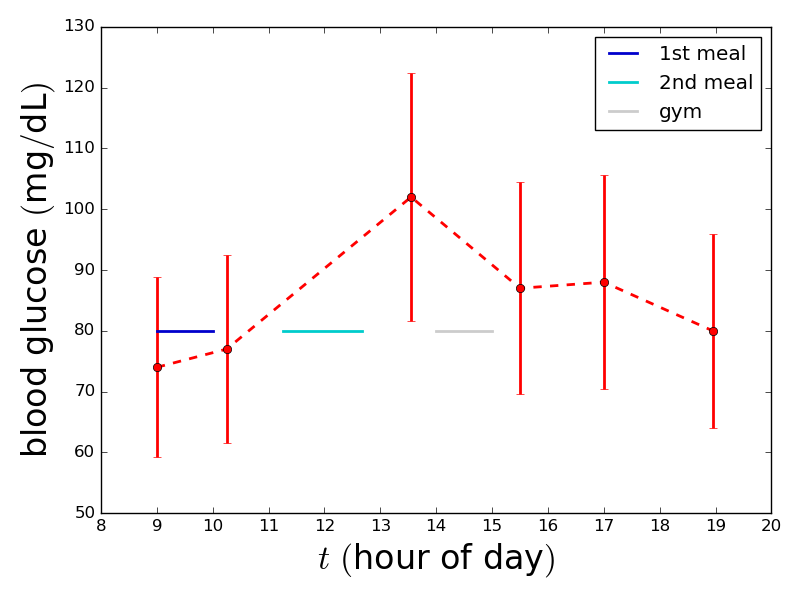Posts by Collection
portfolio
publications
Electron Shell Ionization of Atoms with Classical, Relativistic Scattering
Published in Phys Rev Lett, 2013
Forward scattering of ionization from noble gases in ultrahigh intensities of 2×1019 W/cm2 is investigated. The observed strongly forward scattered photoionization is in agreement with classical field scattering employing the full nonparaxial laser field. Show more
Path statistics, memory, and coarse-graining of continuous-time random walks on networks
Published in J. Chem. Phys, 2015
This paper provides the theoretical background of a recursive method for calculating the statistics of the path ensemble on arbitrary state-spaces. A Python implementation is also developed and demonstrated on several example systems. Show more
Download here
Rapid Bayesian Inference of Global Network Statistics Using Random Walks
Published in Phys Rev Lett, 2018
This paper introduces a novel methodology for network statistics acquisition via random walk sampling. The theoretical background is developed, and the methodology is applied to several realistic examples. Show more
Download here
Inferring biophysical models of evolution from genome-wide patterns of codon usage
Published in bioRxiv, 2019
The unexpected enrichment in the usage of certain synonymous codons is known as the codon usage bias. In this paper, we examine the relative importance of various elements of the translation process, including wobble pairing, which may contribute to the choice of synonymous codon in the context of a mutation-selection population genetics model. Show more
Dual RNA-seq provides insight into the biology of the neglected intracellular human pathogen Orientia tsutsugamushi
Published in bioRxiv, 2019
The bacteria species Orientia tsutsugamushi has been well-characterized by the work of Salje et al. In this paper, I provided an analysis of the codon content of various groups of genes within the genome of O. tsutsugamushi, and demonstrated the lack of optimality for translation speed in this species compared to other well understand bacteria. Show more
talks
Principle Causes of Codon Bias: Gene Evolution Modeled as a First Passage Process
Published:
This was a presentation given to the current Ph.D and Masters students at Rutgers University as part of a series of talks titled SSPAR (Student Seminars in Physics and Astronomy at Rutgers.) The presentation covered the early stages of a biophysical / population genetics model designed for the careful investigation of the codon usage bias. Show more
Fundamentals of Codon Bias
Published:
This poster presentation covered a biophysical / population genetics model designed for the careful investigation of the codon usage bias. Show more
Bayesian Inference of Global Statistics on Complex Networks using Random Walks
Published:
Complex networks can be found throughout the physical sciences. This poster covers a new formalism for acquiring the global properties of complex networks via random walk sampling. This methodology only requires a very small portion of the full network to be sampled, and is general to all weighted, undirected networks. More detail and application of this topic can be found here. Show more
Fundamental Sources of Codon Bias
Published:
This presentation covered a biophysical / population genetics model designed for the careful investigation of the codon usage bias. The model presented incorporates modern theories on the origins of the codon bias in a bare-minimum-for-accurate-prediction approach which develops a heirarchy of model complexities until the bias is captured. A poster on the same topic can be found here Show more
Diffusion on Complex Networks and what it can tell us about Epidemiology and Wikipedia
Published:
This was a presentation given to the current Ph.D and Masters students at Rutgers University as part of a series of talks titled SSPAR (Student Seminars in Physics and Astronomy at Rutgers.) What can be determined about a complex landscape or network by moving through it in the most unintelligent way? This talk covered an answer to this question by presenting a formalism which combines Bayes’ theorem with random walk theory with applications given in the worlds of computer science and epidemiology. Show more
teaching
Teaching experience at Rutgers University
Undergraduate recitations and lab sections, Rutgers University, Department of Physics & Astronomy, 2013
During my time at Rutgers University, I have been teaching both recitation and lab sections for the Spring, Summer and Fall sessions for all but two semesters of my graduate career. Show more

